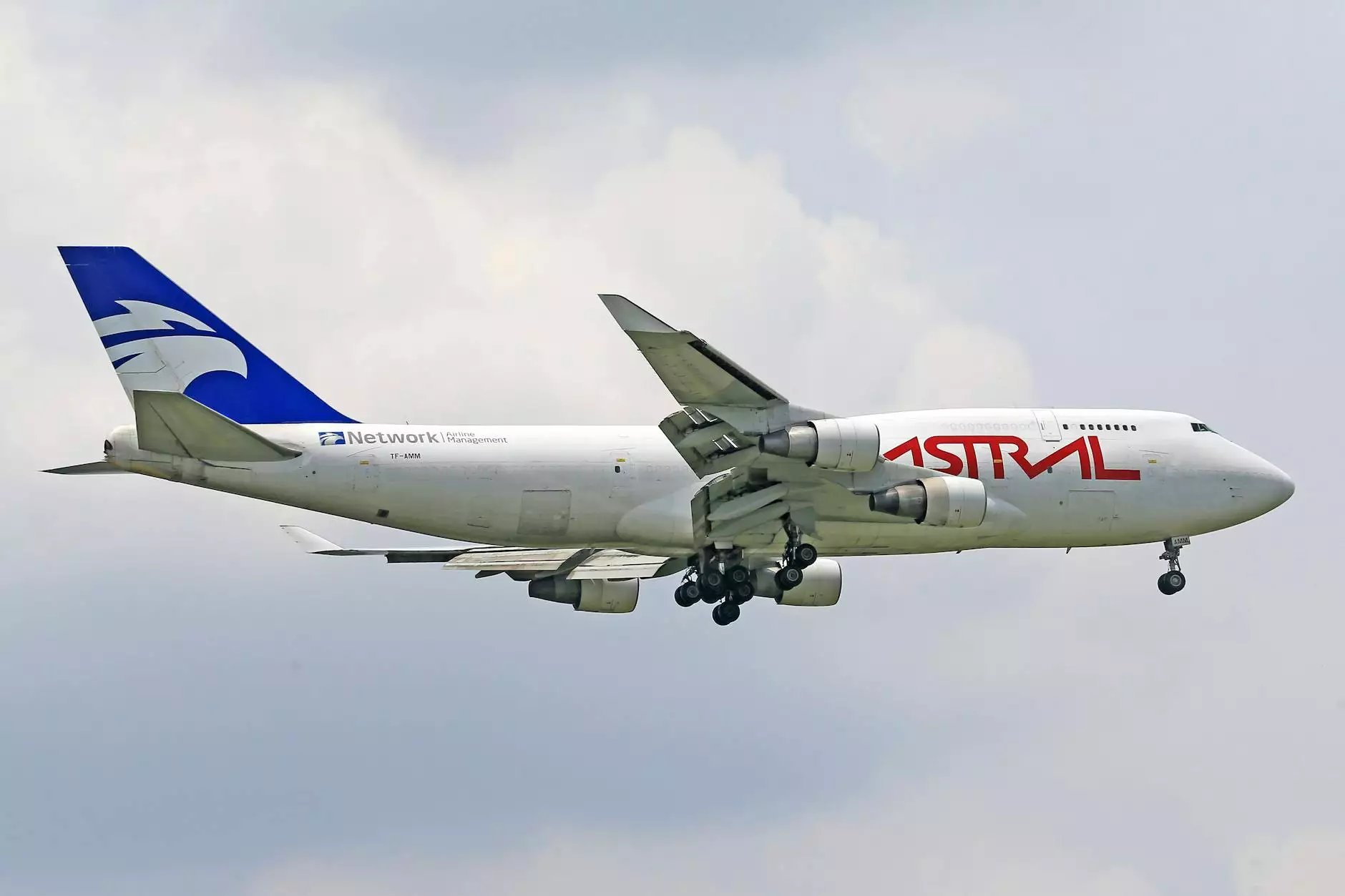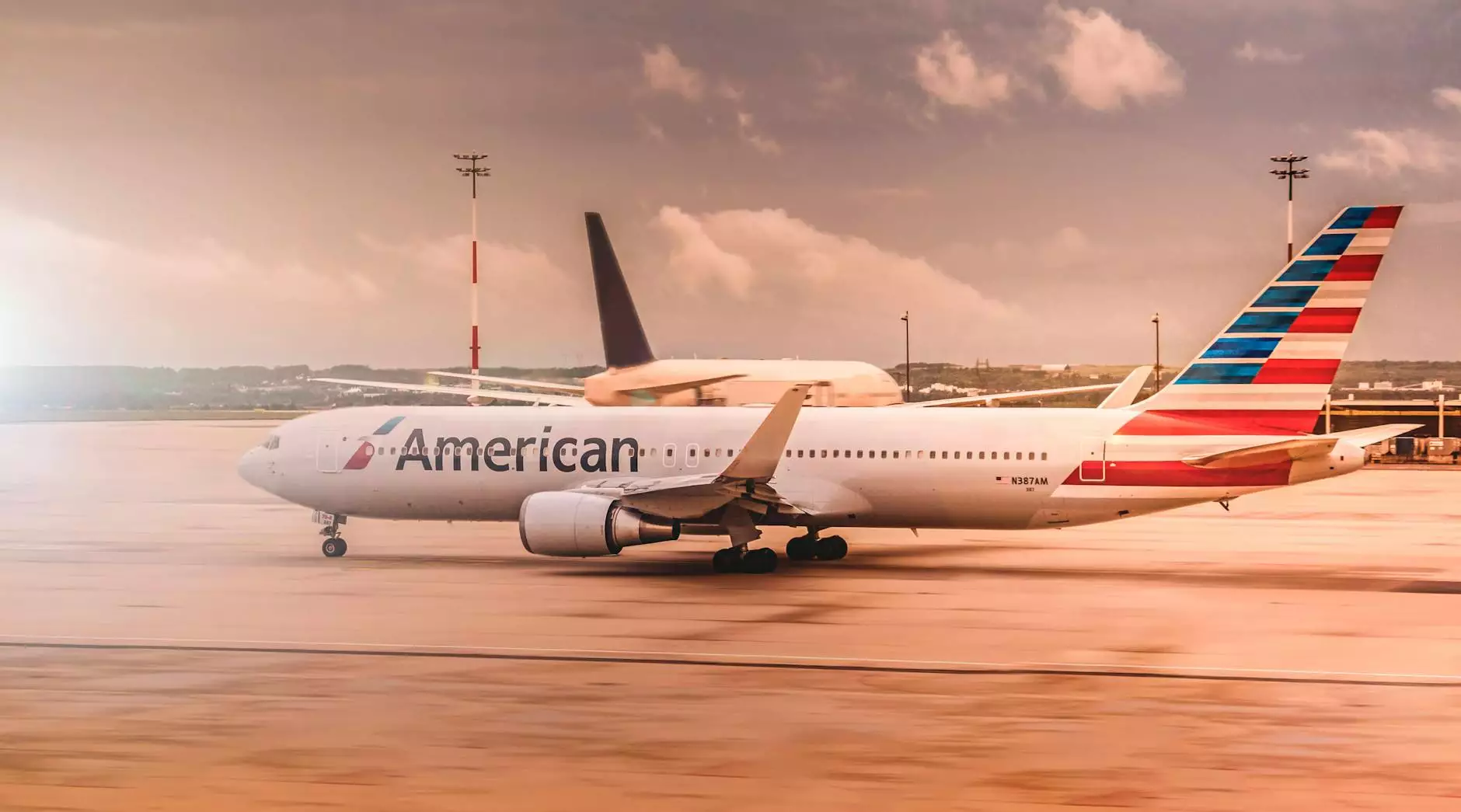Understanding Air Freight Cost Calculation

In the fast-paced world of logistics, air freight cost calculation remains a critical element for businesses aiming to optimize their shipping strategies. Properly understanding these costs not only facilitates better budgeting but also enhances efficiency in transporting goods across various distances. In this extensive guide, we'll delve into the complexities of air freight pricing and provide a comprehensive view of the factors influencing cost determination.
What Influences Air Freight Costs?
The costs associated with air freight can vary significantly based on numerous factors. It’s essential to understand these elements to enable effective cost management. Below are the primary factors that influence air freight costs:
- Weight and Volume: Air freight pricing often hinges on either the weight or dimensional weight (volumetric weight) of the shipment, whichever is greater. It’s crucial to calculate both to ensure accurate cost analysis.
- Distance: The farther the shipment needs to travel, the higher the freight costs will be. This includes costs incurred in transiting through multiple airports.
- Type of Goods: Different types of cargo can have varying rates based on their nature—perishable items, hazardous materials, and oversized cargo often incur additional fees.
- Service Level: Services such as express delivery or priority handling can substantially increase costs. Understanding the service levels available is essential for accurate calculations.
- Route Availability: The popularity of the air route can affect the fare. High-demand routes may have more competitive pricing, whereas less common routes can see increased rates.
- Seasonality: Demand fluctuations during peak seasons can also raise prices. Businesses should anticipate such changes and prepare for potential cost increases during high-traffic periods.
Breaking Down Air Freight Charges
Air freight charges can generally be classified into several distinct categories. Here’s an in-depth look at what these charges typically include:
1. Freight Charges
These are the base costs for transporting your goods from one location to another. They form the core of air freight cost calculation.
2. Surcharges
These are additional fees that can arise due to several reasons, including:
- Fuel Surcharge: This fluctuates based on fuel prices and is typically a percentage added to the base freight charge.
- Security Surcharge: Related to enhanced security measures, particularly post-9/11.
- Peak Season Surcharge: Implemented during periods of high demand to offset increased operational costs.
3. Documentation Fees
These fees cover the administrative costs associated with your shipment, including customs documentation, bills of lading, and other necessary shipping paperwork.
4. Handling Fees
These charges may be applied for loading and unloading cargo at airports. Handling charges can vary significantly between airports.
The Air Freight Cost Calculation Formula
The air freight cost calculation formula can be simplified into the following equation:
Total Cost = Freight Charges + Surcharges + Documentation Fees + Handling FeesHowever, calculating the weight is critical. Cargo weight can determine whether you are charged based on the actual weight or the volumetric weight. To calculate volumetric weight, use the following formula:
Volumetric Weight (kg) = (Length x Width x Height in cm) / 5000In this context, if your actual weight is lower than the volumetric weight, you will typically be charged based on the volumetric weight.
Best Practices for Air Freight Cost Calculation
To better manage your air freight expenses, implementing best practices can streamline the air freight cost calculation process:
1. Consolidate Shipments
Where possible, consolidate shipments to take advantage of bulk rates. This can lead to significant savings on freight costs.
2. Negotiate with Carriers
Don't hesitate to negotiate rates with air freight carriers. Building a strong relationship with them can yield better pricing and terms.
3. Choose the Right Routes
Analyze different routing options. Some routes may offer more economical choices, depending on your destination and shipment types.
4. Stay Informed on Market Trends
Regularly track market trends that may affect pricing, such as fuel prices and seasonal demand, to better anticipate costs.
Common Misconceptions About Air Freight Costs
Many businesses fall prey to misconceptions regarding air freight cost calculation. Below are some of the most common myths debunked:
1. Air Freight is Always Expensive
While generally more expensive than other modes of transport, effective cost management practices can significantly reduce overall expenditure.
2. Weight is the Sole Determinant of Cost
While weight is a key factor, volumetric weight must also be considered. Often, the larger dimensions of a shipment can result in higher costs.
3. Additional Fees are Avoidable
Many businesses believe they can eliminate additional charges. However, understanding and anticipating fees can assist in better budgeting.
Utilizing Technology in Air Freight Cost Calculation
In today’s digital age, employing technology can greatly enhance the efficiency and accuracy of air freight cost calculation:
1. Freight Rate Tools
Many companies offer online freight calculation tools that allow businesses to estimate shipping costs accurately based on their specifications.
2. Data Analytics
Utilizing analytical tools can help in understanding shipping patterns and costs over time, enabling better decision-making.
3. Automated Documentation
Implementing automated systems for documentation reduces the risk of errors and ensures that your freight charges reflect accurate information.
Conclusion
In conclusion, mastering air freight cost calculation involves a comprehensive understanding of various factors, pricing structures, and the application of strategic management. By applying the best practices and utilizing the technology available, businesses can significantly lower their air freight expenses while ensuring timely deliveries. Air freight remains an indispensable component of global trade, and understanding its intricacies is crucial for any business looking to thrive in today’s competitive environment.
For further resources and to streamline your air freight processes, visit CargoBooking.aero today!









